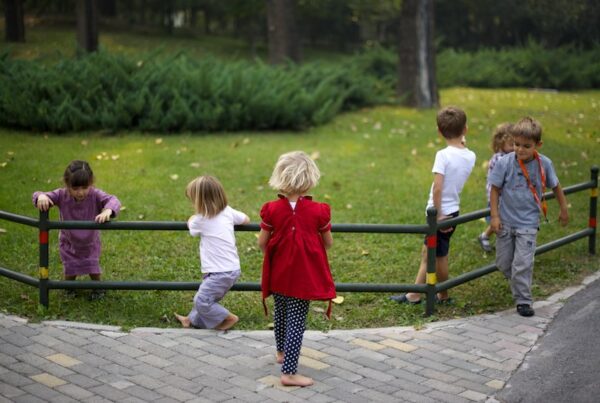By: David Sexton, Jr.
The National Child Traumatic Stress Network (NCTSN) is an organization dedicated to expanding access to treatment services for children and adolescents who have suffered traumatic events. In order to accomplish this mission, the NCTSN is involved in several initiatives to raise awareness on the impact of trauma on this population, develop services and evidence-based practice to improve the standard of treatment, and provide resources for professionals, parents, and the nation to utilize in their efforts to help children and adolescents “change the course of their lives by changing the course of their care”. This organization works with established systems of care, including health, legal, school, and military family services, to ensure that needed care is available and provided through a comprehensive range of channels.
Perhaps some of the most valuable information provided by the NCTSN can be found on their Resources for School Personnel page. One of the advantages of this network’s resources is that they are organized in multiple ways, including by topic and audience. This not only improves the usability of the website for individuals of various backgrounds but also provides individuals who may not be sure where to start looking for resources with a starting point. For example, school personnel are likely to be less knowledgeable about the effects of trauma and methods for addressing it than individuals whose careers are dedicated to mental health. In the aftermath of a crisis, school personnel may be unsure of ways to help students cope with the trauma and how to re-establish a sense of safety within the school.
The 3 R’s: Readiness, Response, and Recovery
This page, in particular, can act as a guide for school personnel to think about and prepare for traumatic events that may occur on school grounds. Readiness offers tips to ensure the school is prepared to deal with a traumatic event, such as partnering with local law enforcement. Response describes ways to respond to student distress, including tips on providing psychological first aid to re-establish the “protective shield” adults represent to the students as well as mitigate fears of the danger encountered occurring again. Recovery focuses on returning the school to a state of safety and equilibrium following a crisis.
The Resources for School Personnel page includes several other sections, focusing on explaining the effects of trauma, types of trauma that may affect school systems, and even a trauma toolkit to help educators which can potentially act as a guide for school personnel facing the unknown challenges of a crisis on campus.














